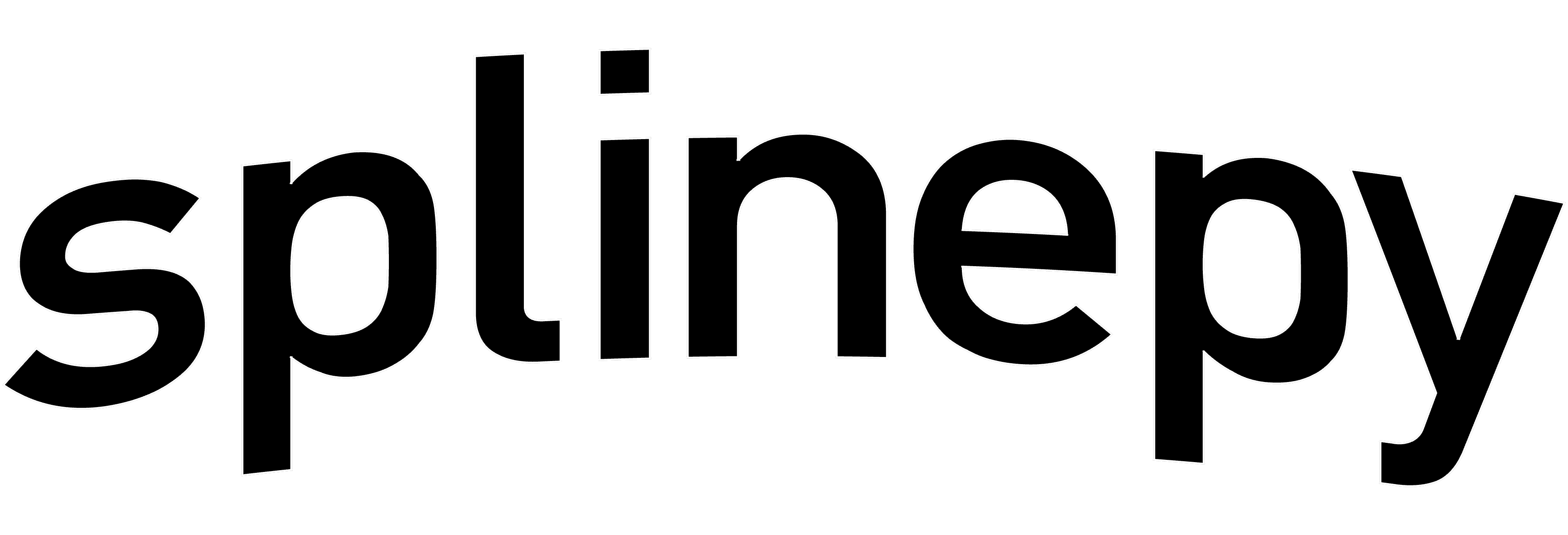splinepy.spline.Spline.proximities#
- Spline.proximities(queries, initial_guess_sample_resolutions=None, tolerance=None, max_iterations=-1, tight_search_bounds=False, nthreads=None, return_verbose=False)[source]#
Given physical coordinate, finds a parametric coordinate that maps to the nearest physical coordinate. Also known as “point inversion”.
Makes initial guess by searching for the nearest points with kd-tree. With initial_guess_sample_resolutions value, physical points will be sampled to plant a kd-tree.
The planted kd-tree is saved in cpp object internally and will re-plant if initial_guess_sample_resolutions are positive. Default behavior is to re-plant the tree each query. If you know that spline doesn’t have any inplace changes, and would like to avoid it, set negative values.
If there’s no tree, this will raise runtime error.
- Parameters:
queries ((n, dim) array-like)
initial_guess_sample_resolutions ((para_dim) array-like) – Default is 2 * control_mesh_resolutions. For complex shapes, we recommend setting large values.
tolerance (float) – Convergence criteria. Currently for both distance and residual
max_iterations (int) – Default is (para_dim * 20)
tight_search_bounds (bool) – Default is False. Set search bound to aabb of direct neighbors from the sample grid.
nthreads (int)
return_verbose (bool) – If False, returns only parametric coords
- Returns:
para_coord ((n, para_dim) np.ndarray) – Parametric coordinates
phys_coord ((n, dim) np.ndarray) – (only if return_verbose) respective physical coordinates
phys_diff ((n, dim) np.ndarray) – (only if return_verbose) respective cartesian difference to query
distance ((n, 1) np.ndarray) – (only if return_verbose) respective 2-norm of difference
convergence_norm ((n, 1) np.ndarrray) – (only if return_verbose) Newton residual
first_derivatives ((n, para_dim, dim) np.ndarray) – (only if return_verbose) Convergence information
second_derivatives ((n, para_dim, para_dim, dim) np.ndarray) – (only if return_verbose) Convergence information
